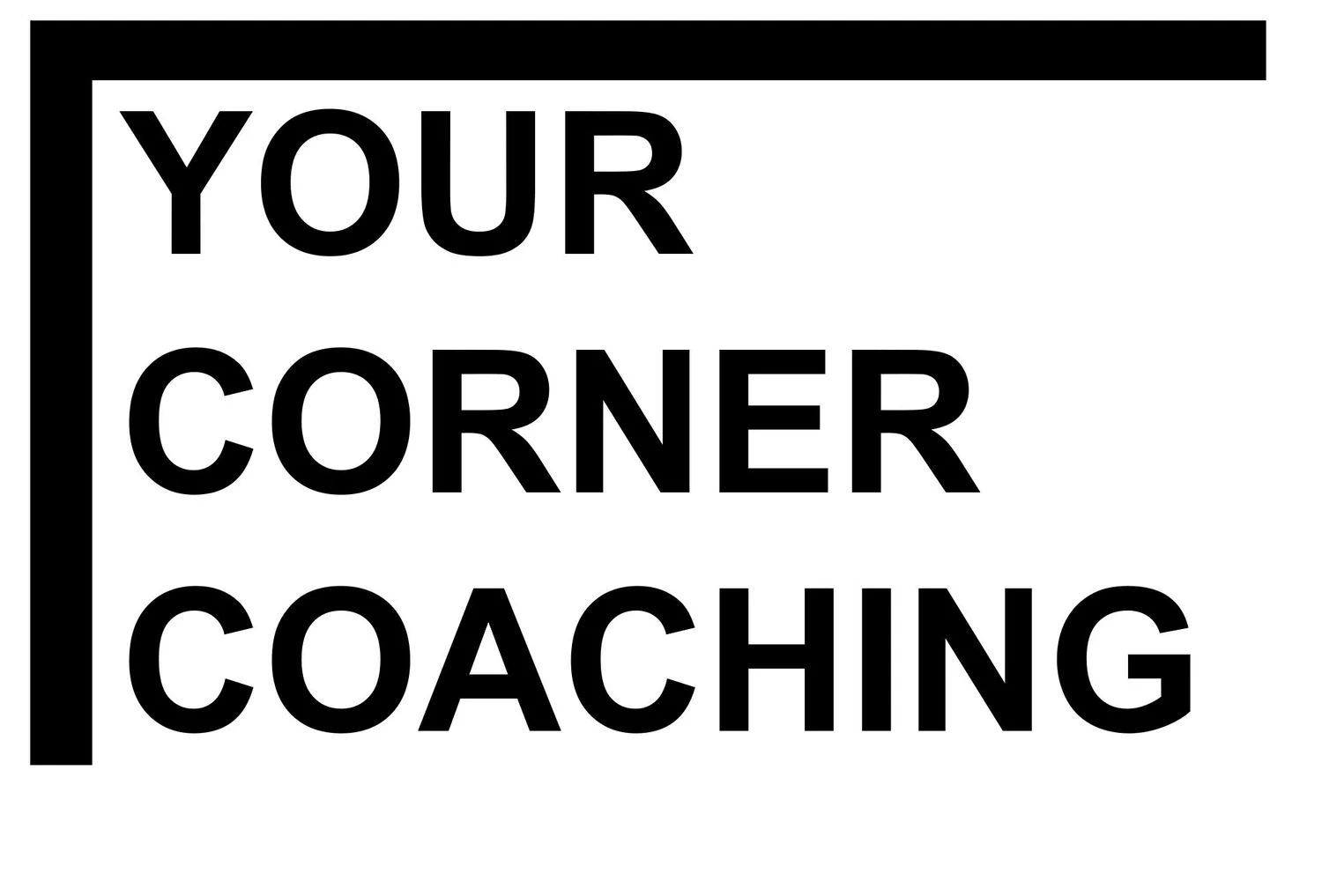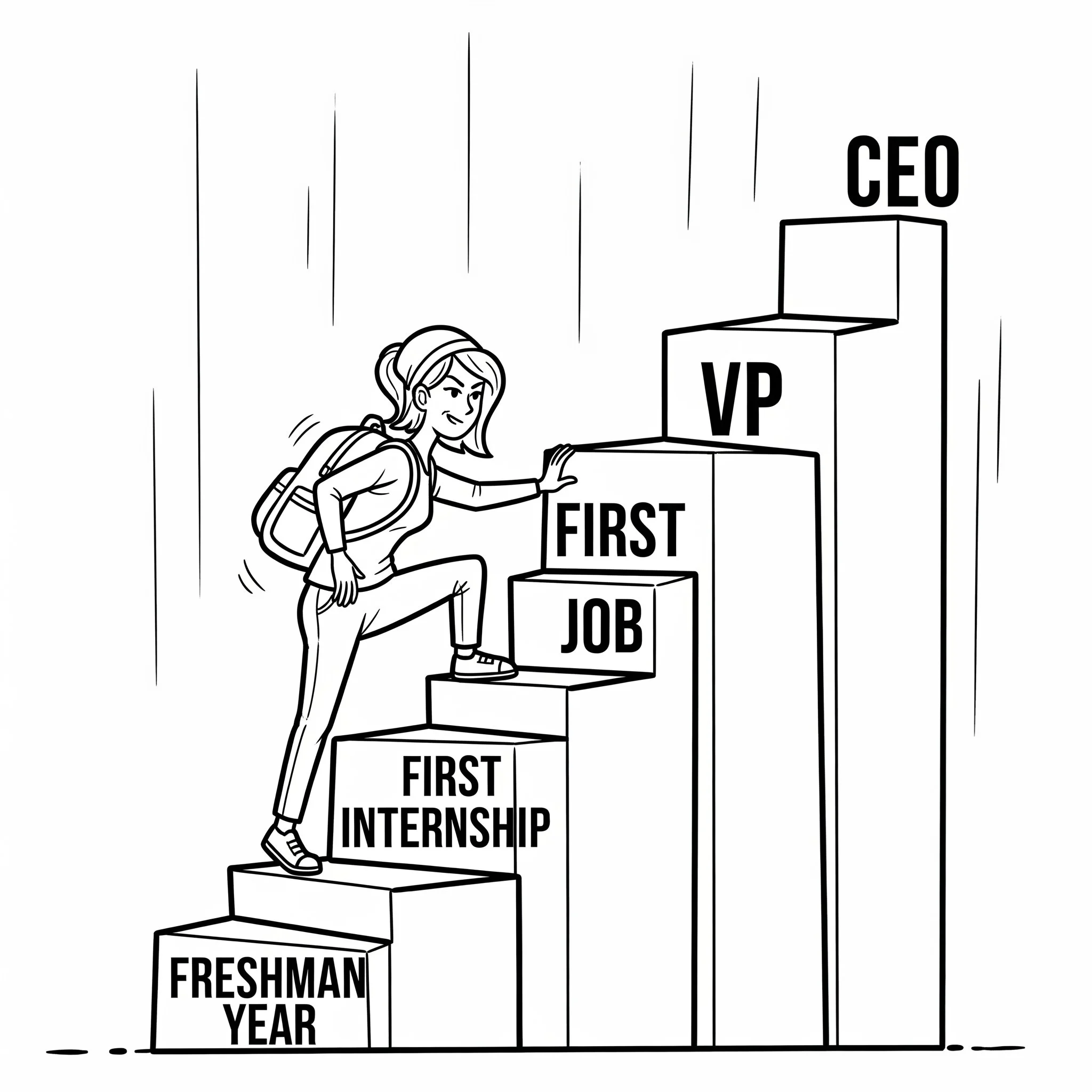Executive Coaches Are Popular. But What If Future Leaders Had One Starting in College?
A little over a year ago, I started working with an executive coach for the first time.
I was leading strategy at a growing investment firm, juggling pressure, people, and priorities. I knew I had more to give—but I wasn’t always sure how to get out of the weeds and lead at the next level. Having a coach gave me space to pause, think differently, and grow in ways I hadn’t even realized I needed.
And then one day, it hit me.
Why do we wait to offer this kind of support until someone already has the title? Why don’t future executives—the high-potential students, interns, or new hires of today—have a coach while they’re still figuring out who they are and how to lead themselves?
That question stuck with me.
Because the truth is, those early years matter just as much as anything that comes later. College is often the first time someone has to manage their own time, make decisions that shape their future, and try to stand out in a sea of other ambitious people. First jobs ask you to be polished, confident, and adaptable—without much real guidance. And yet we still expect young people to just “figure it out.”
I know that feeling well. When I left my small Indiana town for college, I had the scholarship, the resume, the drive—but I didn’t have a playbook. And when I started my career at McKinsey, I stepped into a high-performance culture where I constantly felt like I was catching up—trying to keep pace, prove myself, and learn a thousand unwritten rules at once. I performed well and grew a lot, but parts of the journey were much heavier than they needed to be, mostly due to my own mindset.
And for the last ten years, I’ve seen those same patterns show up in other people’s lives, too.
Informally, I’ve spent a decade working with high-potential high school seniors, college students, and early-career professionals—usually folks two to eight years behind me in age or experience. I’ve helped them win major scholarships, land their first internships and jobs, and step into those roles with the mindset, tools, and habits that actually make a difference. I didn’t call it coaching back then. I just loved helping people going down similar paths to my own by sharing the learnings that I had gathered the hard way. But now I see that this kind of support is coaching. And it matters.
Now, I’m doing it with intention. Not to tell anyone what to do—but to help them think clearly, focus on what matters, and move forward with confidence. I am to be in someone’s corner before they fully hit their stride, so they don’t have to go it alone like I often did.
Most people get a coach once they’re already leading… I think the best time to have one is while you’re traversing the transitions and decisions that will set you up for a future of leadership.

